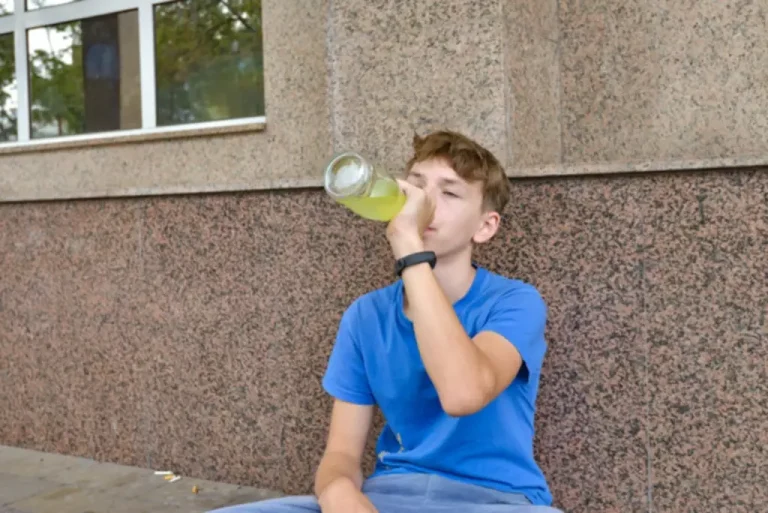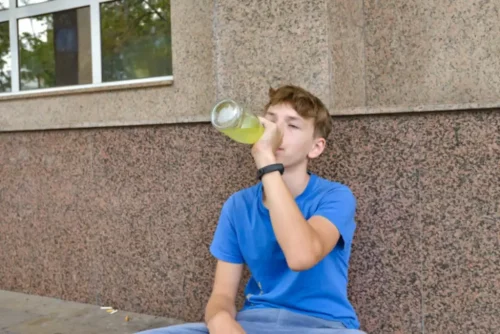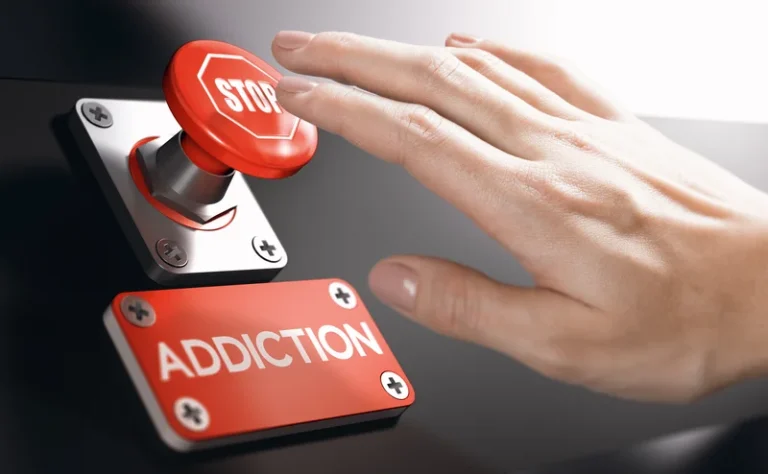Addicted to love: What is love addiction and when should it be treated?

And any treatment that is pursued—on either the narrow view or the broad view of addiction—should be undertaken in such a way that the decision-making autonomy of the lovers is given maximal consideration. Even granting this view, however, it must be remembered that the neurodynamics of even “conventional” addictive drugs are not all the same, since their mechanisms of action vary so widely (Nestler 2005). More importantly, the feedback mechanisms that control the processing of “natural” rewards are not always reliable, nor are the neurological signals from natural rewards always weak. When these same individuals binge on sugary food, they can experience a level of neurological reward that surpasses a dose of a drug such as cocaine (Lenoir et al. 2007). The evidence, therefore, suggesting that drugs of abuse are inherently better-suited to causing addiction than are other types of reward is mixed at best. “Love addiction” may feel like an addiction, but it’s not recognized as a clinical term and cannot be medically diagnosed.
Loving Someone With Alcohol Use Disorder—Dos and Dont’s
Maybe you wish for it on every birthday candle and spontaneous shooting star. You’d give a piece of your physical self for a guaranteed sliver of change. Get feedback, make tough decisions, and implement change in real-time. Although it may be scary to think about giving up behaviors that have formed your “comfort zone,” it may be even more scary for you to think about continuing them.

Coping With Love Addiction

It’s time to explore the resources that can enhance your understanding and strengthen your relationship in recovery. Additionally, codependency and enabling behaviors can perpetuate unhealthy dynamics and hinder both your well-being and your partner’s chances of recovery. Therefore, it is important to assess how the relationship is affecting your emotional and physical health. Understanding addiction and recovery is essential to comprehend the challenges that may arise.
- Healthy men and women in recovery will prioritize their relationship over their addiction.
- Similarly, when our emphasis is on how our partner makes us feel or how he or she feels about us, our “love” is based on a self-centered, codependent need.
- Indeed, in Western societies, being in love is widely considered to be an extremely valuable state, and possibly constitutive of a good life all on its own.
- The immediacy and consistency of positive rewards for any movement in a healthy direction has been shown to shape behavior in addictive individuals that can increase the odds of recovery.
- One of the worst parts of loving an addict is you don’t know what the future holds.
- If this is correct, it cannot be the case that (narrow) addiction is a phenomenon confined to addictive drugs.
- If you’re conducting an intervention, show them a few treatment options.
Rules You Shouldn’t Break While Handling Someone’s Addiction
- Keep your hopes up, as substance use disorder is known as a “good prognosis disorder” in that the majority of people can and do recover.
- In some cases, you and your loved one may both struggle with codependency, but also have your own issues with substance use.
- However, if the person is forthcoming and acknowledges the addiction early in the relationship, or is actively in recovery or open to it, then this can bode well for the relationship.
- Building healthy relationships requires establishing clear boundaries, developing emotional independence, and creating balanced connections.
- Living with someone who has an addiction can be hard for everyone involved.
You may need long-term therapy to overcome your codependent tendencies and patterns. But one excellent way to launch your recovery is to participate in a family therapy program at a licensed drug and alcohol rehabilitation center. But your need to stay in control and fear of being abandoned are other reasons why you’re so anxious to “save” your loved one from drugs or alcohol. Because this fear runs so deep, you may become obsessed with trying to cure them, to the point of neglecting many of your own needs. You’re constantly seeking your loved one’s approval or affirmation, since you rely on that to feel comfortable and good about yourself.


This makes creating and maintaining mutually beneficial relationships especially difficult for people with love addiction. The behavioral, psychological, and neurophysiological evidence concerning love, love-related phenomena, drugs of addiction, and the parallels between being in love with an addict them, paint a very complicated and hotly-debated picture. Just within the drug addiction literature—holding “love addiction” to the side—there is little agreement about whether the “narrow view” or the “broad view” of addiction is to be preferred.
By seeking professional help, participating in support groups, and committing to open communication and understanding, couples can overcome the challenges of addiction and forge a stronger, more fulfilling bond. Establishing and maintaining healthy relationships is a challenge for anyone, but it becomes even more difficult when substance abuse, such as alcohol abuse, is involved. Addiction has a profound detrimental effect on relationships, often leading to emotional, physical, and psychological abuse. The consequences of substance addiction can be multifaceted, and the negative consequences can ripple through the lives of both the addicted person and their loved ones. Seeking harmony and addressing challenges when it comes to drug addiction and relationships is a journey.
- Avoiding judgment and criticism and working together to find constructive solutions can strengthen our relationship.
- These activities can help couples reconnect and rebuild their relationship.
- But once again based on intuition, you may feel something is amiss in the relationship as your desires to spend time together, enjoy activities, or draw emotionally closer may be rebuffed.
- When you can be as truthful as possible with yourself about your own enabling behaviors, you can begin to make different choices.
- People in healthy recovery take accountability for their past actions and can tell you how they have been in denial and how they have blamed others and groomed others to dismiss their problematic behaviors.
- Due to love’s addiction-like qualities, some people may refer to their romantic habits as an “addiction.” But mental health professionals and clinicians may instead refer to it as pathological love or limerence.

Establishing clear boundaries is crucial for protecting emotional well-being. By setting boundaries, individuals experiencing codependency can focus on their own needs and separate their happiness from the addict’s behavior. Effective communication and active listening are also important for addressing emotional turmoil and codependency. By honestly expressing feelings and concerns and listening to the other person’s needs, healthier communication patterns can be established.
- This article aims to explore the intricacies of loving an addict and provide guidance on how to navigate these complexities.
- There are a few different scenarios where you might wonder what it’s like being in a relationship with an addict, or whether or not it’s possible to have a relationship with an addict.
- It’s time to navigate the uncharted territory of loving an addict and discover the strength it takes to persevere.
Clearly communicating your decision to your loved one can help them understand your boundaries. For example, if you frequently find yourself bailing the other person out, you can calmly let them know that you can no longer do this. The ways you choose to detach might depend on the specifics of your situation and relationship with the person.
Share this post on:




